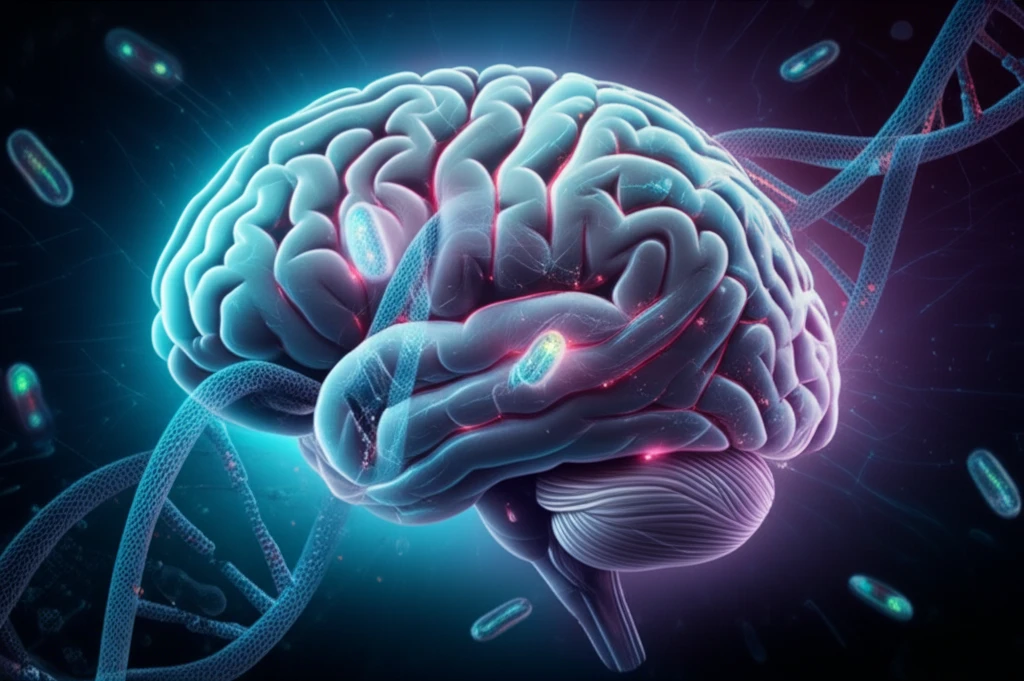
Unlocking the Mystery: How Your Genes and HIV Meds Impact Brain Health
"New research highlights the intricate dance between our DNA, HIV, and cognitive function, offering hope for better treatments and understanding."
In an era where HIV treatment has transformed a once-deadly disease into a manageable condition, a new challenge has emerged: neurocognitive impairment (NCI). While modern antiretroviral therapies have dramatically improved the lives of people living with HIV, many still experience subtle to severe cognitive issues. These can range from minor memory lapses to significant problems with focus and decision-making, impacting daily life and overall well-being.
Scientists have long suspected that the reasons behind NCI in HIV-positive individuals are complex and multifaceted. Factors such as inflammation, the virus itself, and even the side effects of medications all likely play a role. However, a growing body of evidence suggests that our own genetic makeup may also significantly influence our susceptibility to these cognitive challenges.
Now, a new study is shedding light on this crucial piece of the puzzle: the interplay between our genes, mitochondrial function, and the risk of NCI in people living with HIV. This research, published in a peer-reviewed journal, dives deep into the complex world of nuclear-mitochondrial interactions, offering potential new avenues for understanding and ultimately combating cognitive decline in this population.
Decoding the Genetic Impact on Cognitive Function in HIV Patients

The recent CHARTER study, involving over a thousand participants, investigated how specific genes and mitochondrial DNA (mtDNA) interact to influence neurocognitive performance in individuals with HIV. The researchers focused on identifying genetic markers that might make some people more vulnerable to NCI than others.
- mtDNA Haplogroups: These groups reflect an individual's maternal ancestry and can influence mitochondrial function.
- Nuclear Genes: The study examined specific nuclear genes previously associated with NCI.
- Nuclear-Mitochondrial Interactions: The primary focus was to see how these two genetic components interact to affect cognitive outcomes.
The Future of Brain Health for People Living with HIV
These results offer a promising step towards understanding the complexities of HIV-associated neurocognitive impairment. By identifying specific genetic interactions, this research paves the way for developing targeted therapies and preventative strategies to protect brain health in people living with HIV. More extensive research is needed to confirm these findings and translate them into practical clinical applications, but the future looks brighter than ever before.
